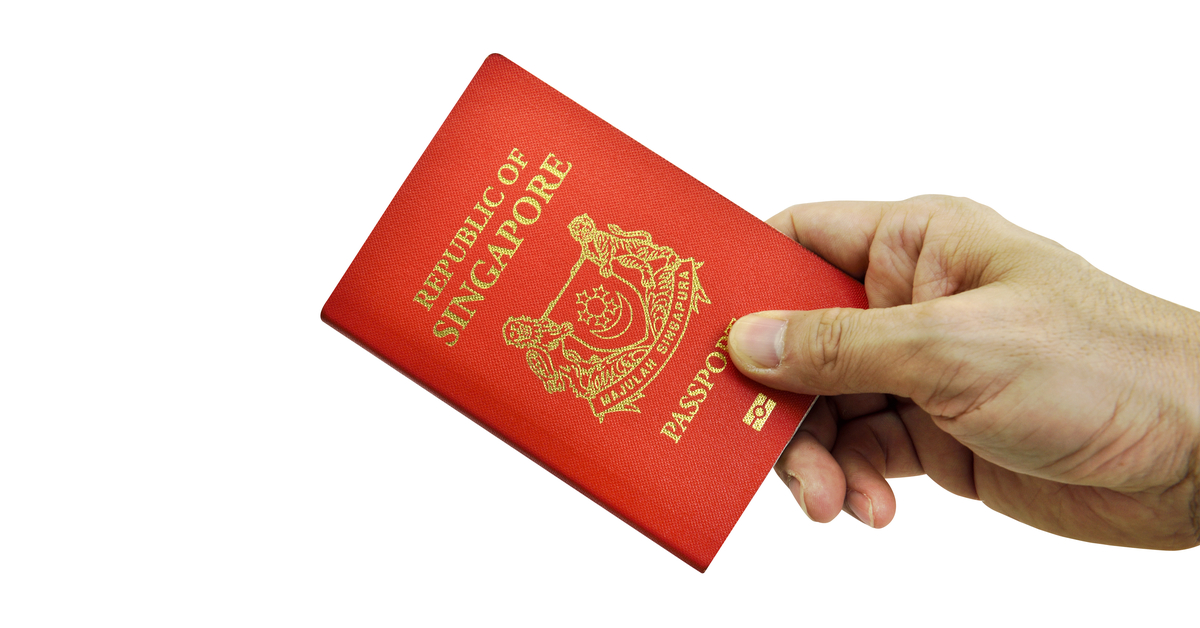Ever since countries launched their mass vaccination drives, several instances of recipients subsequently passing away have been reported.
The families of these patients often believe that the vaccine was the cause of death, but the authorities argue that these deaths would likely have happened anyway, and were caused by other underlying medical conditions.
Recently, a 64-year-old Singaporean woman died eight hours after receiving her first shot of a COVID-19 vaccine.
Her daughter believes that the vaccine may have had some part to play in her death, but the authorities have since debunked this.
Here’s what happened:
64YO Died 8 Hours After First Vaccine Dose
The deceased woman’s daughter took to Facebook on 31 July to detail her harrowing experience on 25 July.
At around 10:05am, the 64-year-old woman received her first dose of a COVID-19 vaccine. Eight hours later, she collapsed while mopping the floor.
“My mother leads an active life and is mostly healthy except for controlled hypertension and mild diabetes. What could have happened during the course of the vaccination that robbed her of her life?” the daughter wrote.
Unable to believe that it was a “pure coincidence” that she died on the same day she was vaccinated, she asked for the coroner’s report to be released to the family so they can ascertain the true cause of her death beyond “hypertensive and coronary artery disease”.
The woman also questioned if the screening at the vaccination centre was comprehensive enough for elderly residents with underlying medical conditions.
She wondered if mopping the floor is recommended for older folks who have gotten the vaccine, and whether there was a possible drug interaction between the vaccine and her mother’s hypertension medication.
MOH Responds
Speaking to TODAYonline, the Ministry of Health (MOH) said the woman was treated at Ng Teng Fong General Hospital’s emergency medicine department before she passed away.
Earlier that day, she had received her first dose of the Pfizer-BioNTech vaccine.
MOH said the woman was assessed to be suitable for the vaccine by trained healthcare personnel.
She was also observed on-site for about 30 minutes post-vaccination and was well, it said.
An autopsy, which was independent and objective, MOH said, was then carried out to determine the cause of death.
“Based on the autopsy findings, the certified cause of death is hypertensive heart disease and coronary artery disease. This is consistent with the patient’s history of heart disease, diabetes, hyperlipidaemia and hypertension,” MOH said.
The family has asked for the coroner’s report, but were told by the police that they’d have to wait a month for it to be processed.
1,000 Heart Attacks & Strokes Reported Every Month; No Change in Numbers After Vaccinations
According to the health ministry, around 1,000 heart attacks and strokes occur every month.
Data in Singapore and abroad show that there’s been no increase in this number after we started administering vaccinations.
MOH added that it’ll assist the family through the public healthcare system and offered its condolences.
One of the woman’s sons told TODAY that his parents were initially hesitant to take the jab, but were persuaded to do so by him and his two siblings.
Similar Incident Occurred in June
A similar incident took place in June, where a 72-year-old woman died a day after she received her first COVID-19 shot.
Initially, the woman suffered nothing more than a sore arm, but she ended up collapsing the next day and later passed away.
The woman’s son believed that the vaccine had something to do with his mother’s death.
After an autopsy was conducted, however, the coroner determined that the cause of death was ischaemic heart disease, or a heart attack.
“The autopsy found longstanding blockage of the blood vessels supplying blood to the heart muscles, which could not have been caused by vaccination. There was also no indication of an allergic reaction to the vaccine,” MOH said.
Read Also:
- New Cluster Formed in an NKF Dialysis Centre Based on 9 Aug’s COVID-19 Cases
- MOH Lists Down Eligibility Criteria for Dining-In & How Verification Will be Done
Featured Image: Sergio Delle Vedove / Shutterstock.com



